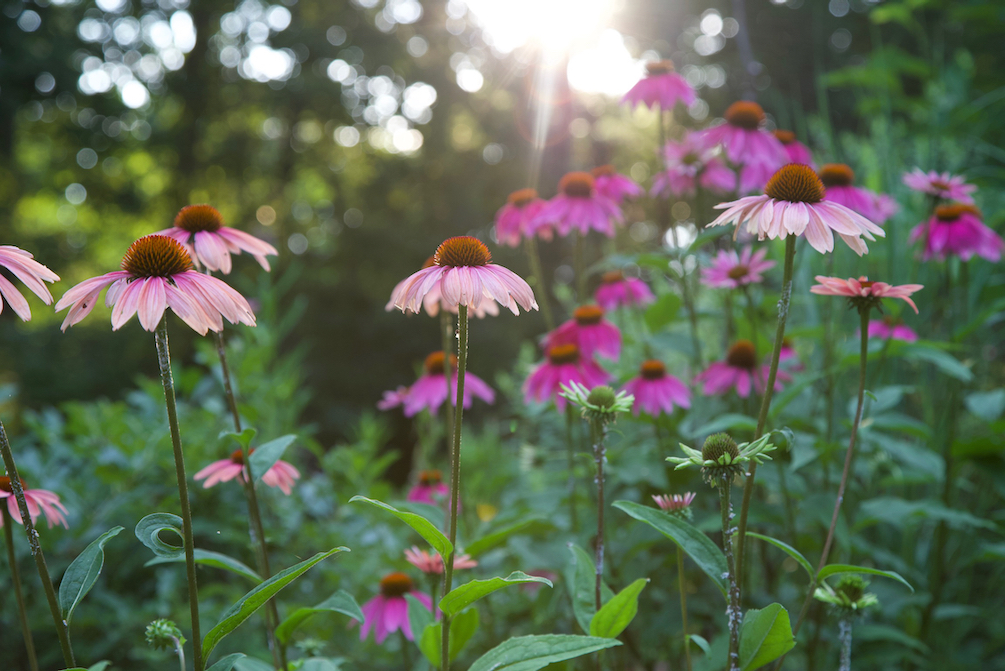Ask the Experts: How Do You Keep the Garden Thriving in Extreme Heat?
With the summer months bringing high temperatures and scorching sun, it can be a challenge to keep your garden thriving. Plants can easily become stressed and wilted in extreme heat, but with the right care and attention, you can help them weather the heat and keep your garden looking lush and beautiful. We asked a group of gardening experts for their top tips on how to keep your garden thriving in extreme heat.
Water Wisely
One of the most important things you can do to keep your garden thriving in extreme heat is to water your plants wisely. During hot weather, plants can quickly become dehydrated, so it’s crucial to keep them well-hydrated. Water early in the morning or late in the evening to prevent evaporation, and water at the base of the plants to ensure that the roots are getting the moisture they need.
Provide Shade
Another way to protect your garden from extreme heat is to provide shade for your plants. This can be done by using shade cloth, planting trees or shrubs to provide natural shade, or using containers to move plants to a shadier spot during the hottest part of the day. Creating shade can help prevent your plants from getting scorched by the sun and keep them cool and healthy.
Fertilize Regularly
In extreme heat, plants can quickly deplete their nutrients, so it’s important to fertilize them regularly to keep them well-fed and healthy. Choose a fertilizer that is appropriate for the type of plants you have in your garden and apply it according to the instructions on the package. Fertilizing regularly can help your plants withstand the stress of extreme heat and continue to grow and thrive.
Mulch Your Garden
Adding a layer of mulch to your garden can help retain moisture in the soil, regulate soil temperature, and suppress weeds. Mulch also helps to protect plant roots from extreme heat and keeps them cool and hydrated. Organic mulches like wood chips, straw, or compost are great choices for your garden and can help keep your plants healthy and thriving all summer long.
Choose Heat-Tolerant Plants
When planning your garden for extreme heat, consider choosing plants that are well-suited to hot weather. Heat-tolerant plants like succulents, cacti, lavender, and ornamental grasses can thrive in high temperatures and require less water and maintenance. By selecting plants that are adapted to extreme heat, you can create a resilient and beautiful garden that can withstand the summer heat with ease.
Conclusion
Keeping your garden thriving in extreme heat requires careful attention and proper care. By following the expert tips outlined above, you can help your plants stay healthy and vibrant throughout the summer months. Remember to water wisely, provide shade, fertilize regularly, mulch your garden, and choose heat-tolerant plants to create a resilient and beautiful garden that can withstand the challenges of extreme heat.
FAQs
Q: How often should I water my plants in extreme heat?
A: Plants should be watered early in the morning or late in the evening, and the frequency of watering will depend on the specific needs of each plant. It’s important to monitor the moisture levels in the soil and adjust your watering schedule accordingly.
Q: Can I use a sprinkler system to water my garden in extreme heat?
A: While sprinkler systems can be a convenient way to water your garden, they may not be the most efficient method during extreme heat. Watering at the base of the plants with a hose or watering can ensures that the roots are getting the moisture they need, while minimizing evaporation.
Q: How can I protect my garden from extreme heat if I don’t have access to shade cloth?
A: If you don’t have access to shade cloth, you can create shade for your plants by using umbrellas, moving them to a shadier spot during the hottest part of the day, or planting trees or shrubs to provide natural shade. Be creative and resourceful in finding ways to protect your garden from the heat.




